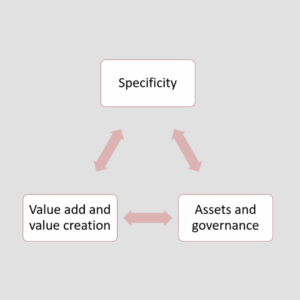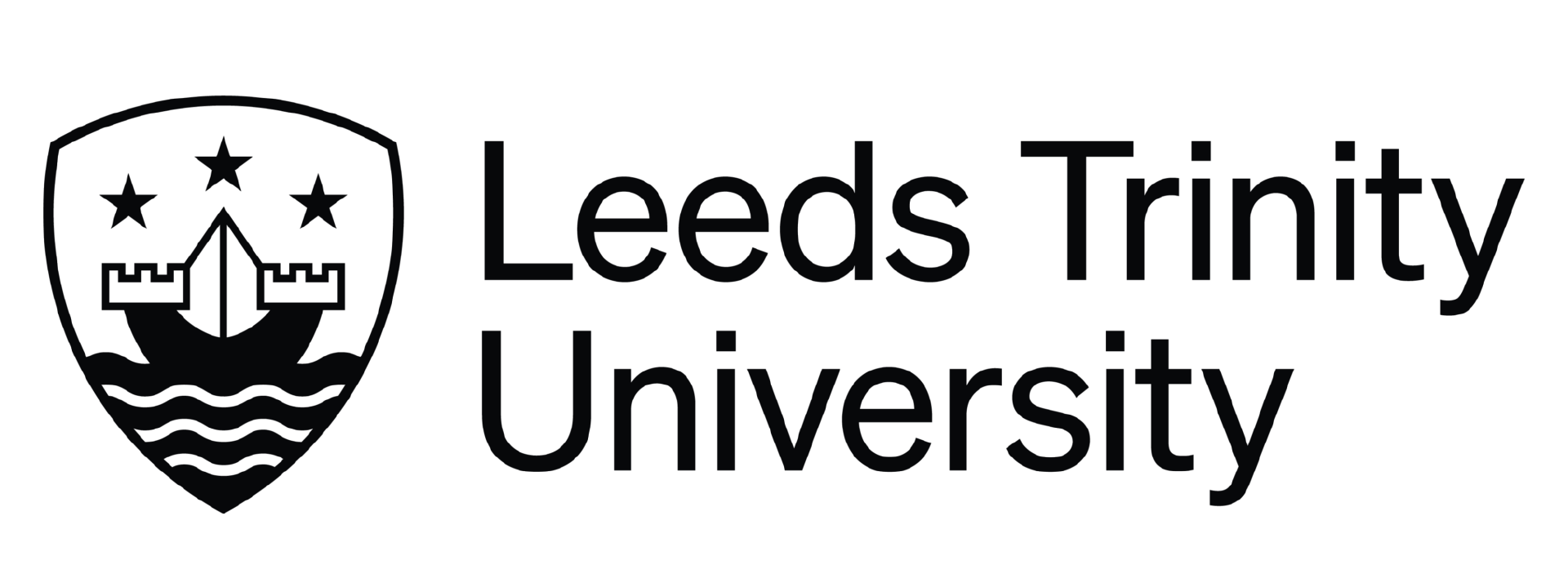On 18 March 2025, the Yorkshire Universities (YU) Regional Development Group (RDG) hosted a webinar on the impact of devolution on the research and innovation landscape. The session was chaired by Sarah Hall, Director of Strategy for Research Impact at the University of Leeds and Chair of the YU RDG. At the event, James Coe, Associate Editor for R&I at Wonkhe and a senior partner at Counterculture and Professor Richard Jones, Vice-President for Regional Innovation and Civic Engagement at the University of Manchester shared their analysis and insights. Steph Morris, YU Associate Consultant, facilitated a brief discussion about the Government’s intention to create a new regional fund for innovation.
Regionality and Specificity in Research Policy
James Coe began the webinar by exploring how universities can demonstrate value within local economies. To do so, he drew on an example of post-industrial Darlington to illustrate how universities can be engines of regeneration and growth. However, without a rise in funding, priorities need to carefully be determined to ensure that universities can meet growing expectations around their role in regional development. James highlighted important strategic questions that need to be considered, including:
- Should universities do fewer, more targeted projects?
- Should research models change to fit new realities?
- Can we shift the national narrative on what research impact means?

James also covered the current government’s productivity mission and the role of the higher education sector within this. He also discussed how the commitment to work with Mayors on a new regional research and innovation fund, and an increase in defence spending, raise questions on how R&D funding will be prioritised. It is important that universities focus on what they do best, that being specificity, assets and governance and value creation.
There was also a discussion on working with Mayoral Combined Authorities across Yorkshire and how YU’s strength as a collective of twelve diverse higher education institutes (HEIs) has worked well together, especially when speaking to communities.
Regional Innovation Funding
Steph Morris opened up a discussion on the possibilities and limitations of the Government’s proposed new fund for regional innovation. Steph suggested that priorities could be agreed with both sub-regional and wider Yorkshire & Humber goals in mind. By collaborating and consulting on priorities across multiple Mayoral Combined Authorities (MCA) and stakeholders, plans could be developed that have impact for the region as a whole and possibly even on a national level. YU are developing a set of principles to support the design and delivery of any new regional innovation fund, ensuring that the value of all kinds of universities as key stakeholders in the regional R&I landscape is recognised, and that a new funding programme complements and adds value to existing R&I assets, funds and initiatives within the region, much of which is delivered by YU member institutions.
The RDG discussed that making initiatives scalable and transferable is essential to their continued success and ability to attract long-term investment. Furthermore, building relationships, by joining local authority committees and engaging with interested parties, will be key to developing strategic and well positioned projects.
The Regional Innovation Agenda
Richard Jones spoke on regional disparities in research and innovation funding and the role of devolution in addressing them. He referenced UKRI’s published regional breakdown of funding, which shows how this disparity plays out across the UK.
Richard also spoke on the usefulness of Innovation Accelerators and collaborative efforts, like the Northern Arc, and suggested that it will be easier to determine how useful they have been after a five-year period. He pointed out that the Innovation Accelerator in Greater Manchester has been a catalyst for starting collaboration between different types of higher education institutes. Richard also discussed the potential of devolving innovation funding to MCAs.

Next Steps
YU will continue to monitor policy developments relating to devolution, Industrial Strategy and HE. We will engage with our members to consider the implications of emerging government policy around regional innovation for the HE sector and to identify any opportunities or challenges for Yorkshire. YU will continue to work in partnership with policy makers locally, regionally and nationally to promote the value of HE and strengthen knowledge, skills and civic leadership in Yorkshire.













